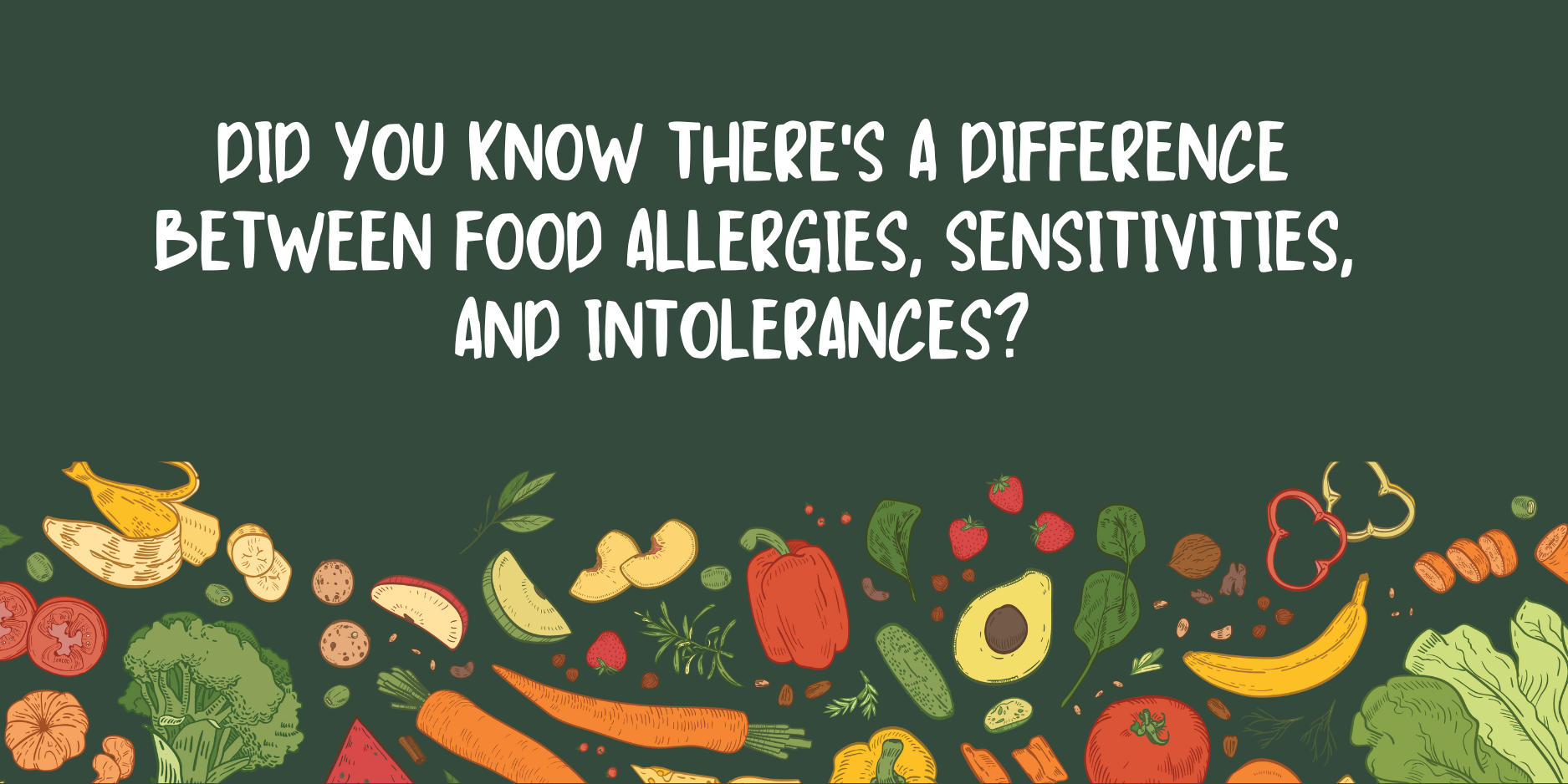

Food Re-Introductions After an Elimination Diet
Hi. This is Dr. Emily Parke with your Functional Health Minute. Today, I’d like to follow up on one of my earlier Health Minutes and really go through how to do a food reintroduction process after you’ve done food eliminations. After you’ve done a 30-day elimination food plan, and there are multiple different versions of what a 30-day elimination food plan looks like, but the most common categories for causing food symptoms that are eliminated during a food plan are some of the grains, particularly gluten, dairy, soy, corn, and legumes, the bean family. Peanuts are a legume, and corn is a grain. Those are two that get missed a lot. That’s a short list of the most common food symptom causers. Another one that’s really not a food category itself, but that can cause a whole heck of a lot of symptoms, is the sugar category as well. During a typical elimination food plan, those are the categories that you’re going to be not consuming any of for a strict 30 days.
Re-Introduction
Then, after you’re done with the 30 days, you’re going to pick the food that you’re missing. Usually, at the end of the 30 days, people feel really good, but they might have one or two food items that it’s like, “Oh, I really miss that. I want to find out if I can have that.” When you reintroduce a food … I’m just going to pick an example. Let’s say you’re like, “You know what? I really miss having my organic yogurt.” Yeah, there’s some great data to support that fermented dairy from an organic source is actually really healthy, if you can tolerate dairy. What you would do is you would add that food in, one serving, three times a day, three days in a row. It may be a little odd to have, in this case, yogurt as part of breakfast, lunch, and dinner. I do mean a serving, not just a little lick on a spoon. You definitely want to be showing your body, showing your immune system this food.
Track How You Feel
You do that for three days in a row, and you track how you feel. If you get gut symptoms, super clear, we usually all associate gut symptoms with, “Okay, that food’s not so good for me,” but pay attention to your body, because it can be symptoms of any kind. It can be muscle aches, joint pains, headaches, energy levels. The list is pretty endless. Skin is another way it can come out. It really can come out in any way, shape, or form in the body, and so you just want to pay attention during that food reintroduction process to find out if it’s creating a symptom for you. If it does create a symptom, stop eating that food. Wait until you feel just as good as you did before you reintroduced that food to move on to your next one. This is Dr. Emily Parke, with your Health Minute for today.
Share:
Social Media
Most Popular Posts
Subscribe To Our Newsletter
Related Posts

New Podcast Episode: My journey into functional medicine + what I’ve learned
I’m excited to share that I recently joined DeLo for Episode 165 of the On the DeLo podcast! In this conversation, we explored my journey

Understanding the Essential Labs for Women on Hormone Replacement Therapy (HRT)
So what are the minimum labs we’re looking at when we do hormone replacement therapy? We obviously want to look at an estrogen level, so

How to figure out the right amount of HRT in women
What about checking lab values when you’re on hormone replacement therapy? I do find it to be helpful, but we also want to consider symptoms.

Did you know there’s a difference between food allergies, sensitivities, and intolerances?
Did you know that there’s a difference between food allergies, food sensitivities and food intolerances? Food allergies, the reactions tend to happen pretty immediately and
